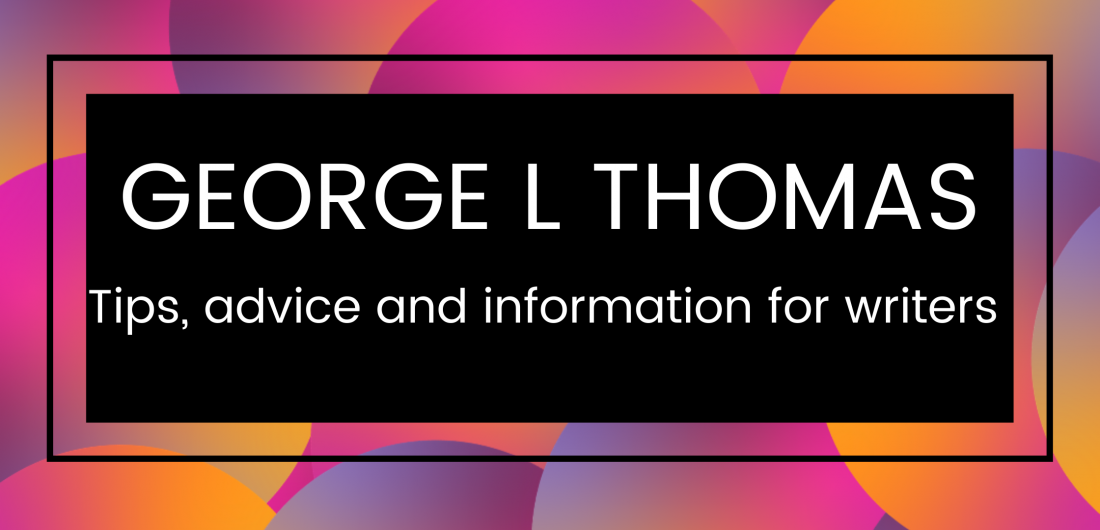
In taking a break from the ever-increasing amount of research I need for my current project, I decided to research some more writing tips. This way I can shift focus and give my brain a little break while still staying in research mode. I hate stopping something half way through only to find I can’t get back into it later. It’s very frustrating.
Anyway, on with the tips.
Speaking Through Action
Instead of using dialogue tags such as said all of the time, try to show who is speaking through the character‘s actions. For example, ‘Pass the whiskey.’ Dave sat with his arm outstretched waiting for Steve to hand him the bottle.
Accents
When writing dialogue for a character who speaks with an accent, don’t write every word they speak with the accent. This can make the character seem cartoony. Instead, try to sprinkle it onto the dialogue using just a word or two to remind the reader of it. The reader’s imagination will do the rest.
Keeping Things Simple
If you have used a large, clunky word when a smaller, simpler one will do just as well, then many writers would advise you to go with the latter. And it’s not just writers; according to my research for this post, a lot of publishers and editors say the same thing. However, I would recommend (and I am by no means an expert in anything) that you just write your story however you like. In my opinion, if you use large words and uncommon vocabulary, then this is part of your individual style.
Repeated Words
Try not to repeat the same words too often. Try to recognise the words you naturally repeat and then search for alternatives. Doing this varies your work, and you end up increasing your vocabulary along the way.
Save Everything
Keep every piece of writing that you finish and for that matter every piece that you don’t. Save everything. In doing this, you are able to build up a stockpile of ideas which can be used later on other projects or even developed further if you’re ever stuck for something to write. I have files and folders and notebooks full of half-written stories and scribbles of ideas and hope to use them all at some point in the future.
Editing The Old
Edit old stories, articles or whatever it is you like to write. You’ll see that your writing skill has improved and you’ll be surprised how quickly the quality of your work can increase in a relatively short amount of time. It’s very true what they say: writing is like a muscle, the more you work it, the stronger it becomes. I surprised myself yesterday when I came across a children’s story I had written a couple of years ago about a boy who helps Santa deliver presents on time. At the time I wrote it, I had been pleased with it. It was only a first draft, and though I knew it needed a lot of work, I didn’t think it was terrible. Looking at it now I can easily see all the mistakes I had made and also that certain parts just didn’t work at all. At first, I was a little disappointed that I hadn’t written an excellent story, but then I realised I had learned a lot since then, and I’m still learning every day with every new project.
As always, thank you so much for reading this, I know your time is valuable, and I appreciate you sparing a little of it to stop by. You can find tips in the other posts from my Writing Tips series here.
Until next time,
George
© 2017 GLT
Categories: Writing Tips

Reblogged this on Just Writing and commented:
Thomas has some great writing tips- like these ones. It’s worth checking out!
LikeLiked by 1 person
Thank you so much I really appreciate the share! 😀
LikeLiked by 1 person